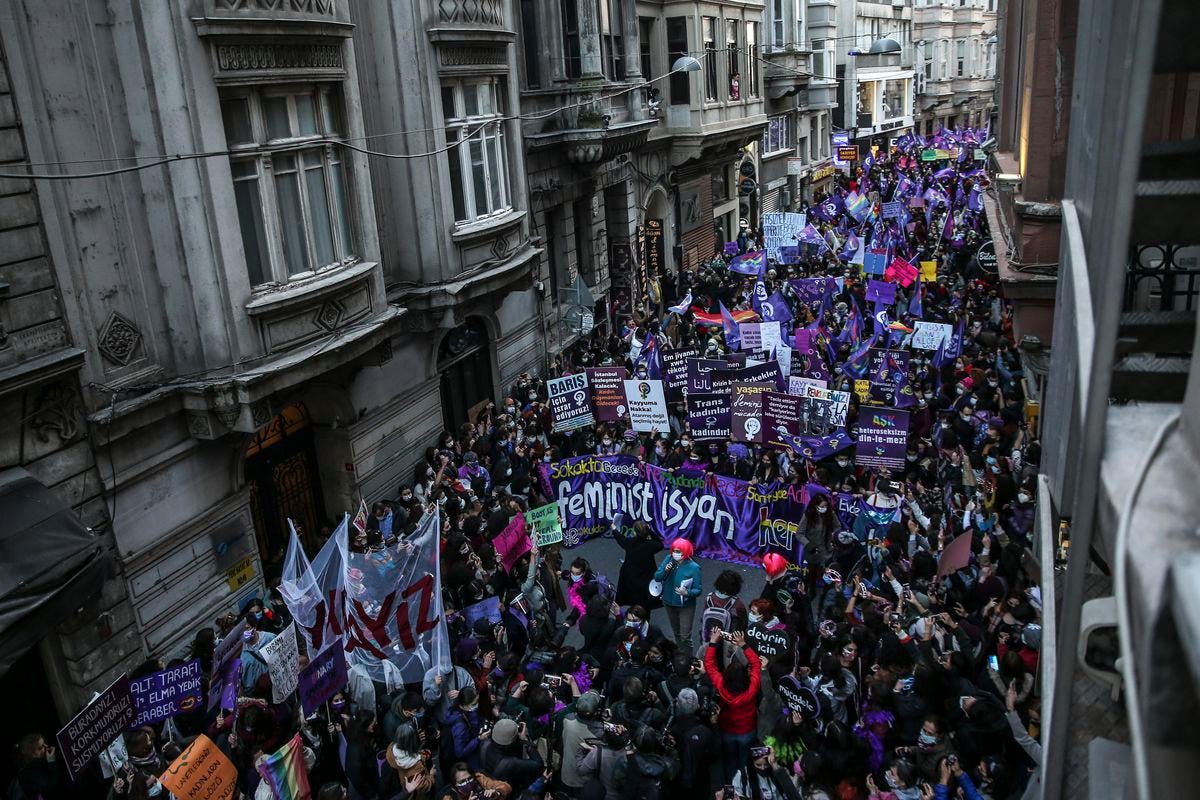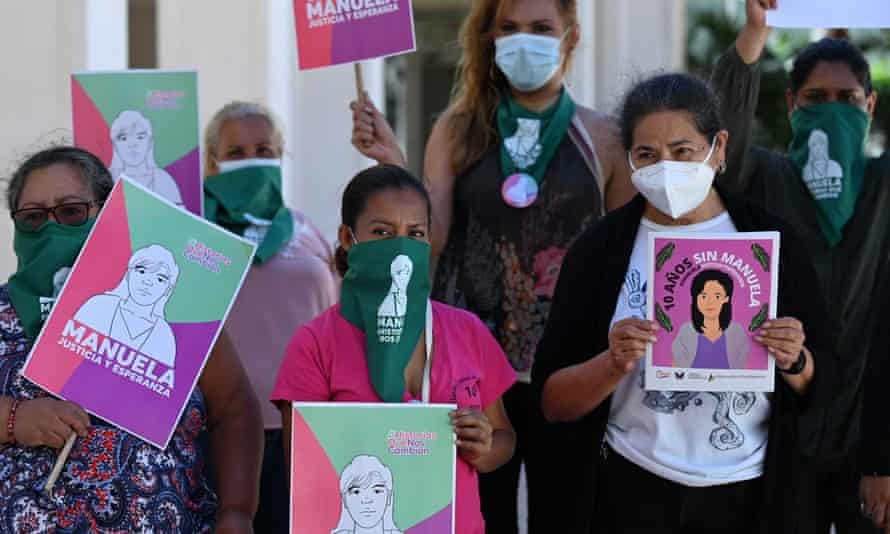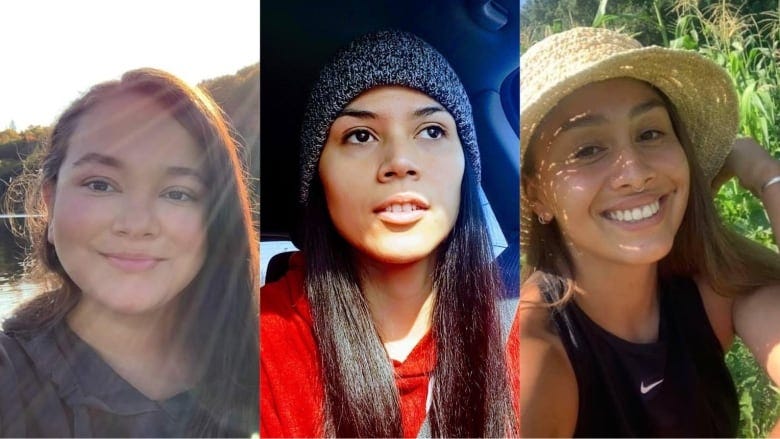Global Roundup: Women in Pakistan and Turkey Protest, Justice for El Salvadorian Woman, Poland Tightens Same-Sex Adoption Ban, and Indigenous Language Revitalization
Compiled by Samiha Hossain
Woman at the Aurat March in Islamabad mark International Women's Day. Photo: AFP
On International Women’s Day, thousands of Pakistani women got together for the Aurat March (women’s march). As usual, the women’s demands for sexual rights and freedom were met with much backlash and threats of rape.
Women all across the country rallied with placards carrying slogans against sexual harassment, lack of opportunities and injustice. The Aurat March was first organized in 2018 and the demands for sexual rights and bodily autonomy continue to cause social anxiety. One slogan, “mera jism meri marzi” (my body, my choice), especially elicits hostility, as it is seen as obscene and vulgar. The organizers of the march are accused of disrespecting cultural values. Fatwas in mosques say the women are against religion and the nation. Islamic and right-wing political parties believe women are entitled only to the rights prescribed within what they determine are the confines of Islam.
Last year, we went from one petrol station to another trying to find fuel because when people would see our truck covered with posters for the Aurat March they would simply refuse to give it to us. Four different event companies cancelled on us and refused to give us loudspeakers. There is deep fear around women claiming the rights to their own bodies – Tooba Syed, one of the organizers for the march in Islamabad
Women are also threatened with rape when they post “my body my choice” on social media. Last year, protesters in Islamabad were pelted with stones and shoes by a group that organized the Haya March (march for modesty). It should be no surprise that none of this has deterred women in Pakistan who have a long history of tackling dictatorship. For example, in 1980, women activists formed the Women’s Action Forum to protest against laws imposed during the Islamization process under the military regime of General Zia-ul-Haq. They would often get jailed for their own rape under adultery charges.
I have been an activist for over 20 years and have been part of women’s rights groups, but before this, we concentrated on legal and political rights. Now there is a demand for change in the private space and everyone from the individual to the state is shaken – Amar Sindhu, activist and academic
The patriarchy sometimes tolerates women’s rights activism when it falls within the very narrow confines of what it considers women are allowed to have. However, Pakistani women refuse to play by the patriarchy’s rules. They recognize that an integral part of women’s liberation is sexual liberation and bodily autonomy.
------------------------------------------------------------------------------------------------------
Protesters march to mark International Women’s Day in Istanbul, Turkey, Monday, March 8, 2021. People marched to denounce violence against women in Turkey, where more than 400 women were killed last year, demanding strong measures to stop attacks on women by former partners or family members as well as government commitment to a European treaty on combatting violence against women. (AP Photo/Emrah Gurel)
The Turkish police have detained 13 people for chanting what the authorities have called anti-government chants at a Women’s Day protest. Prosecutors ordered the arrest after reviewing videos in which several people are insulting President Tayyip Erdogan. Out of 18 people identified, 13 have so far been detained, including a minor. According to a police report, the women had been chanting the slogans “jump up, jump up, the one who doesn’t jump up is Tayyip” and “Tayyip flee, flee, flee, the women are coming”.
Internationally and domestically, Erdogan faces increasing accusations of autocratic rule. Ironically, just last week his government promoted freedom of expression and the right to a fair trial “action plan” that critics said failed to address concerns about an erosion of human rights in Turkey. Critics also say his government applies political pressure on the judiciary, which has prosecuted thousands of Ankara’s perceived opponents since a failed military coup in 2016. They maintain however that their actions are to protect national security and Turkish courts are independent.
So much for last week’s human rights action plan claiming to limit such arrests ‘outside working hours - Emma Sinclair-Webb, Human Rights Watch Turkey director
Again, we see that a fascist regime views women’s rights organizing as a direct threat towards itself. Though they are trying to silence women’s opposition, women continue to fight and take up space.
------------------------------------------------------------------------------------------------------
Women demonstrate at a screening of the hearing of the Inter-American Court of Human Rights over the case of Manuela, who was charged with aggravated homicide. Photograph: Marvin Recinos/AFP/Getty via The Guardian
In 2008, Manuela, a 33-year-old mother from rural El Salvador, went to the hospital for a miscarriage where she was accused of having an abortion and charged with aggravated homicide. Authorities said she must be guilty of killing her baby, as it was conceived outside of marriage. She was sentenced to 30 years in prison and died of lymphatic cancer in prison two years later.
Reproductive rights groups including the Center for Reproductive Rights and the Feminist Collective for Local Development are seeking reparations for Manuela’s family in a landmark case before the Inter-American Court of Human Rights. They are also asking the court to mandate that the state take responsibility for failing to guarantee Manuela’s rights to health and life.
El Salvador has some of the world’s most draconian abortion laws. The country does not even allow abortions in the case of rape or incest, or if the health of the mother or child is at risk. According to rights group, about 181 women who experienced obstetric emergencies were prosecuted for abortion or aggravated homicide in the last two decades.
We know that Manuela’s case is not isolated and that many other women are in the same situation. When Manuela went to hospital the doctors and the authorities immediately presumed guilt, going against all the guarantees of due process –Catalina Martínez Coral, regional director for Latin America and the Caribbean at the Center for Reproductive Rights
The court’s decision is expected later this year – it could have a sweeping effect throughout Latin America, as countries respect the tribunal’s jurisprudence. Advocates believe that a decision in favour of the plaintiffs will be a win for reproductive rights. In addition, rights groups believe that Manuela’s status as a poor rural woman influenced her treatment.
What we are also seeing in El Salvador is the criminalisation of women who live in poverty. I am certain that if these women had had proper attorneys at the hospital, if they had had the agency to tell their story, if they had had the guidance of what to do in their situation, then none of them would be in prison - Paula Avila-Guillen, executive director of the Women’s Equality Center in New York
Abortion is healthcare. A pregnant person should have access to an abortion without having to provide their reasons. It is appalling that in El Salvador people who can become pregnant are not only denied abortions, but they are also criminalized for them – even when they have miscarriages. Hopefully, this case has a positive outcome and represents a step towards reproductive justice.
------------------------------------------------------------------------------------------------------
FILE PHOTO: Elzbieta Podlesna and Anna Prus join people who gathered in solidarity with them, after the Polish LGBT activists were accused of offending religious beliefs by putting a rainbow on a painting of Virgin Mary, in Plock, Poland, March 2, 2021. REUTERS/Kacper Pempel
In Poland same-sex couples are banned from adopting children together and now a new law bans gay people from adopting, even as single parents. This new law was announced this week by a nationalist ruling party, which has bolstered anti-gay policies. They believe LGBTQ rights are a threat to the country’s Roman Catholic culture, while the European Union says that all member states must respect LGBT rights. Deputy Justice Minister Michal Wojcik has said that the purpose of the law is to protect a child’s safety and wellbeing – a claim that has no backing.
You really have to be a mean human being to deny children a home, whether that would be in a same-sex or heterosexual couple. Children deserve a home - Bartosz Staszewski, activist
In the past two years, over 100 towns and areas in Poland have declared themselves "LGBT-free zones", which the EU has responded to by threatening to withhold some European funds from such towns. However, the Polish government has offered to replace the lost funds.
Poland’s tightening of already bigoted laws will harm already marginalized people and hurt children. Conservative groups often appeal to religion and supposed cultural values to win votes. As a society, we need to shed our heteronormative notions of what parenthood should look like. Furthermore, we need to continue the fight to end homophobia and other forms of oppression that disadvantage the LGBT community.
------------------------------------------------------------------------------------------------------
Karonhiióstha Shea Skye, Taiawentón:ti' Chelsea Sunday, and Teyútkwʌ Jimerson are involved with Ionkwahronkha’onhátie’, a grassroots group that supports advanced Kanien’kéha speakers. (Submitted by Karonhiióstha Shea Skye, Taiawentón:ti' Chelsea Sunday, Teyútkwʌ Jimerson ) via CBC
There are going to be people who are going to have to sit there and replace them. We're trying to support those people to get there. If we can focus on however many people we can get to those high levels of fluency, then we at least have a fighting chance of saving our language – Taiawentón:ti' Chelsea Sunday, one of the founders
All dialects of Kanien'kéha are currently on UNESCO’s list of “definitely endangered” languages in Canada. According to Statistics Canada, the language was spoken by about 2,350 people in Canada with about half as their mother tongue.
Karonhiióstha Shea Skye, one of the other founders, says that Ionkwahronkha'onhátie' focuses on developing immersion environments throughout the summer, where a group of advanced learners' full-time job is to continue their studies, talk to elders all day and research aspects of the language that interest them. During the pandemic, their activities have moved to Zoom. However, the group recognizes that learning in nature is a more effective method. They hope to contribute to broader research into second language programs and language revitalization efforts.
Colonization and Canada’s long legacy of attempting to assimilate Indigenous peoples into Euro-Christian culture has resulted in the loss of Indigenous cultures and ways of being, including their languages. It is uplifting that Ionkwahronkha'onhátie' is fostering community and revitalizing the language.
—————————————————————————————————————
Samiha Hossain (she/her) is a student at the University of Ottawa. She has experience working with survivors of sexual violence in her community, as well as conducting research on gender-based violence. A lot of her time is spent learning about and critically engaging with intersectional feminism, transformative justice and disability justice.
Samiha firmly believes in the power of connecting with people and listening to their stories to create solidarity and heal as a community. She refuses to let anyone thwart her imagination when it comes to envisioning a radically different future full of care webs, nurturance and collective liberation.








